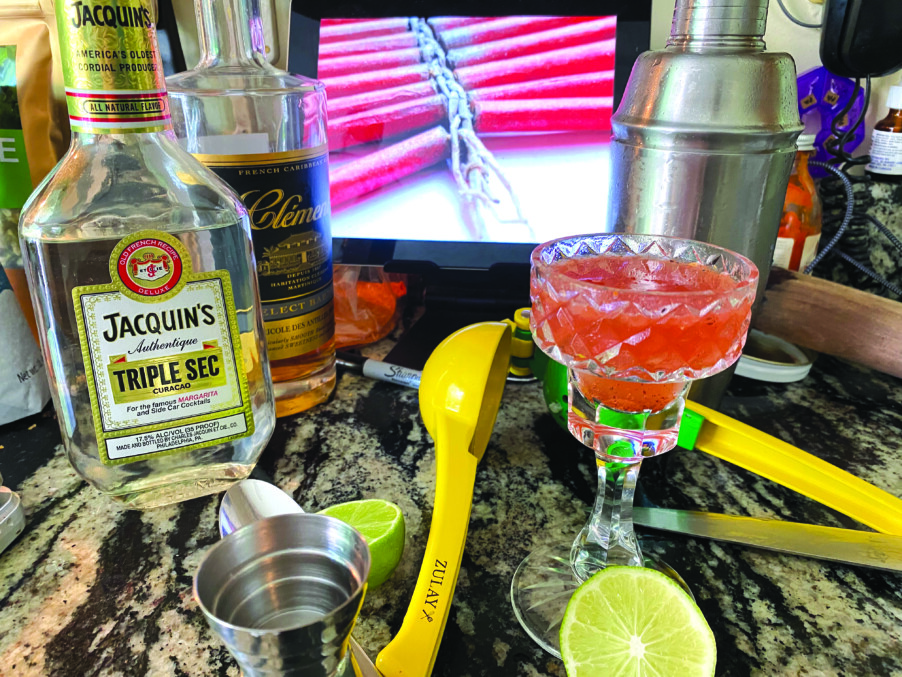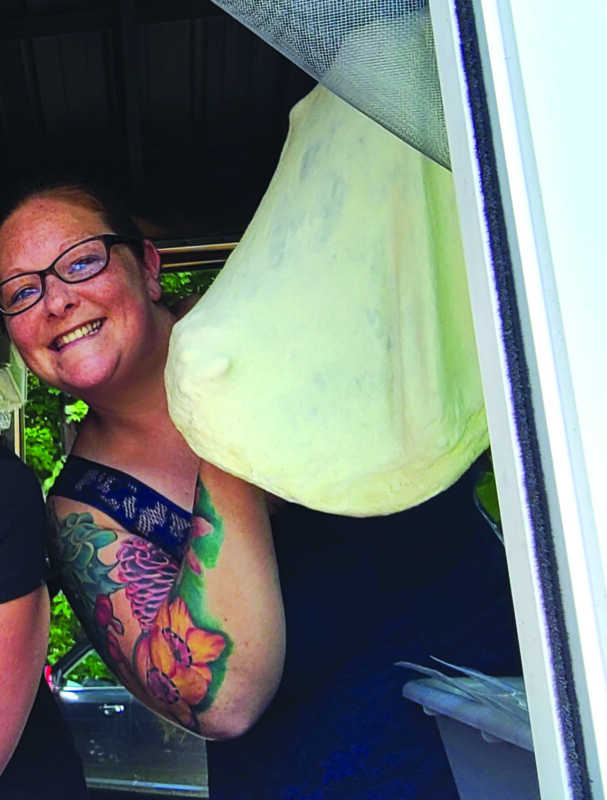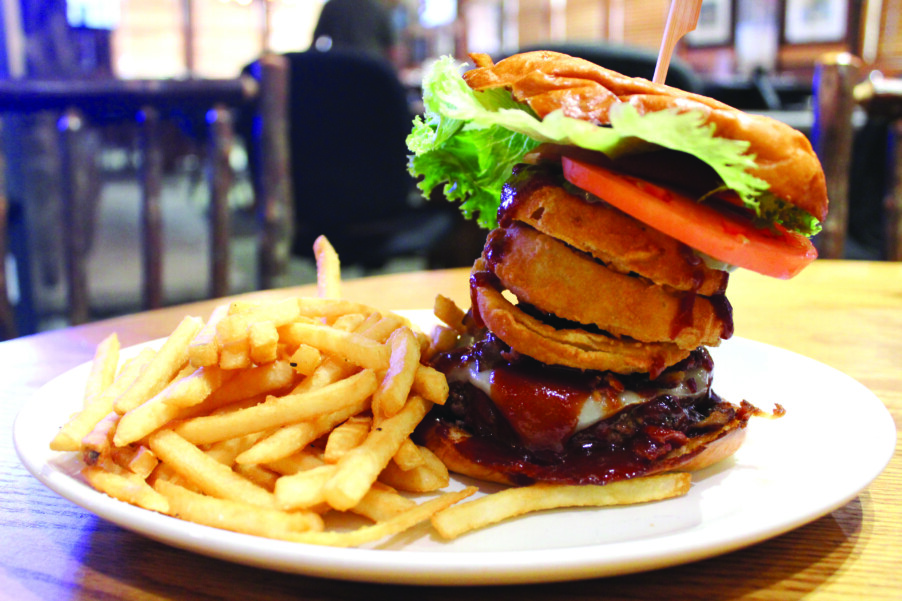I deeply distrust economics.
Yes, I acknowledge that economics provides some convenient answers, but I don’t really trust it. It’s like the character in a movie — always shot with shadowy lighting — who supplies the hero with important information. Everything seems on the up-and-up, but something about the whole exchange makes you realize that she really isn’t on the hero’s side. When things fall apart badly in the third act, you nod your head and tell your eye-rolling date, “Yup, thought so.”
Economics pretends to explain a great deal about human nature, but once you make peace with the concept that money is imaginary and economics is arbitrary, everything sort of falls apart.
“Why is such-and-such worth so much money?”
Because that’s what people agree it’s worth.
“Janitors and farm workers do work way more important than CEOs; why don’t we pay them more?”
Because we don’t want to.
Totally. Arbitrary.
And yet — OK, have you ever made an impulsive purchase or invested a lot of time and money in something that ultimately hasn’t worked out? Hobby supplies or a disappointing vacation or a boyfriend — that you kept around or stuck with long after they ceased to be rewarding?
You or I might call that Poor Judgment, but economists have a name for it (because of course they do): the Sunk Cost Fallacy. The idea is that we don’t want to “waste” all the money and heartache that we’ve put into something unproductive, which makes sense on an emotional level but isn’t actually terribly logical. That money and effort are gone, no matter how you feel about it. Investing more time in Bradley or shelf space on scrapbooking materials doesn’t make much sense if they aren’t going to fulfill you.
Which brings us to triple sec.
It is a sweet, low-octane, vaguely citrusy liquor that 99 percent of us have around because of that time we were going to make a pitcher of margaritas, but we forgot to buy limes, and then we had a series of hard weeks at work and ended up drinking all the tequila one slug at a time, directly from the bottle, in lieu of sending ill-advised texts.
Anyway, an economist would tell us to throw away the triple sec; it’s just taking up shelf space. Marie Kondo would ask you if it was bringing you joy, which — let’s face it — it isn’t at the moment. It’s really hard to envision a scenario where you are lying on a polar bear rug in front of a fire and purring, “Hey baby, let’s drink some triple sec.”
Let’s give Marie — and the polar bear — a break, and stare the economist in the eye and let him know that yes, in point of fact, we are using that triple sec.
The Firecracker
3 1-inch cubes (~45 grams) of fresh watermelon
1½ ounces golden rum
1 ounce triple sec
½ ounce fresh squeezed lime juice
¼ teaspoon cayenne pepper
Muddle the watermelon thoroughly in the bottom of a cocktail shaker. It will surprise you how easily it dissolves, like it’s been waiting for an excuse to completely fall apart. Better it than you.
Add ice and the other ingredients. Shake until very cold.
Strain into a coupé glass.
Drink several of these while watching Wall Street Week in Review and shouting “YOU DON’T KNOW ME!” at the TV.
Surprisingly, it is the watermelon that takes a back seat in this cocktail, providing color and a vague fruitiness. The rum is great — rum is everybody’s friend — but is there mostly to bridge the different varieties of sweetness. The stars of the drink are — again, unexpectedly — the triple sec and cayenne. Citrusy sweetness and in-your-face spiciness don’t seem like they would work together, but they do. That’s yet another mystery that economics can’t solve.
Featured photo: Courtesy photo.






